Why You Should Think Twice About a Plant-Based Diet
In most cases, plant-based diets are good for your health.
Of course, we say mostly, because if you only eat plants, you won’t automatically prolong your life or get a “get-out-of-a-heart-attack-free” card. After all, vegan junk food is a real thing.
Nonetheless, there are still some people out there that believe that plant-based diets aren’t actually good for you. Some of the more often-asked questions include:
- Where do vegans get their protein from?
- Aren’t plant-based diets iron-deficient?
- What do you even eat besides fruits and veggies?
The irony of the situation is, most healthy vegans and vegetarians will not only get the nutrients they need but will also get more minerals, vitamins, and antioxidants than your average meat eater.
Join our Plant-Based Meal Prep Course by Clicking HERE:
What Concerns People about Plant-Based Diets?
As we already mentioned, probably the biggest concern about plant-based diets is that they don’t provide your body with enough protein. However, getting adequate amounts of protein doesn’t take too much effort, even if you’re a hard-core vegan.
Despite what the meat industry wants you to believe, nearly everything we consume has a certain amount of protein in it.
While it’s true that most green vegetables have little to no protein in them, you still have vegan staples like beans, oats, nuts and brown rice, among many other protein-rich vegetables. A recent study from the American Journal of Clinical Nutrition even discovered that plant-based protein is better for you than animal-based protein if you want to build muscle mass.
But those aren’t the only worries people have about plant-based diets.
Another major concern is calcium, which has been only attributed to being a dairy-exclusive nutrient. It turns out, that’s also not true. Vegetables like kale and broccoli are filled with calcium, not to mention almonds. The same goes for iron, which can be easily found in legumes and dark leafy greens.
Once again, we’re not saying plant-based diets are perfect. Like with any other diet out there, if you want to be as healthy as possible, you still have to do some work.
Should You Really be concerned about anything?
Practically the only concern for vegans – well, for a majority of them – is vitamin B12. Only a handful of vegan-friendly products actually contain this vitamin.
Some of the more popular B12 sources among vegans include cereals, certain plant-based kinds of milk, and fortified nutritional yeast. The last one is especially popular due to its peculiar taste. However, in reality, you can’t just rely on it to get your B12 vitamin.
There are other – although debatable – sources of B12, such as mushrooms and spirulina, but they are mostly expensive, so you shouldn’t think of them as reliable sources.
Possibly the best option is to find B12 supplements to make sure that you have no issues. This may sound a bit drastic, but remember, this is not so different than someone taking a supplement for something else to stay healthy.
Before we move on the next topic, let’s have a little sum-up and point out both advantages and disadvantages of plant-based diets.
Pros of a Plant-Based Diet:
- They are low in saturated fat and free of cholesterol
- Rich in vitamins, minerals, fiber, and antioxidants
- Lower the risk of diabetes, heart disease and a number of cancers
- They lower your body weight and reduce LDL cholesterol
Cons of a Plant-Based Diet:
- They require you to change your eating habits
- Adapting to your new diet may take some time
- You’ll have to prepare most of your food by yourself
- They don’t meet all your vitamin needs, require supplements
With that out of the way, let’s take a quick look and see how meat affects our overall health. This will give you a better idea should you seriously consider going vegan or not.
Is Meat Really Bad for You?
Even though meat is a rich source of some beneficial nutrients like iron, zinc and, protein, it still contains huge amounts of saturated fat. In addition, most processed meats are really high in sodium.
Some of America’s favorite meals, like hot dogs and hamburgers, have been linked to chronic diseases for decades at this point. Here are some of the diseases linked to process and red meats:
· Different types of cancer
We now have more than convincing evidence that links processed and red meats to colorectal cancer. The risk is actually increased 14% for every 100 grams of this meat eaten per day. So even if you don’t make a transition to a fully plant-based diet, you should cut back on these meats.
· Heart Disease
Once again, we have a number of scientific studies to back this up. Each 50 gram serving of processed meat – which amounts to one hot dog – is linked with a 42% increased risk of heart disease. On the other hand, red meat isn’t associated with increased heart disease risk.
· Early death
A recent study of more than 500,000 people over 16-years-old discovered that risk of an early death is increased 26% when you ingest large amounts of both processed and unprocessed red meat on a daily basis.
What Should We Be Eating?
When it’s all said and done, you still have to do some thinking if you want to stay healthy on a plant-based diet. Luckily for you, this is not exactly rocket science.
The rules are fairly simple: you should try to maintain a nice balance of cooked and raw vegetables that will provide nutrients that you need to function properly. Plus, you should avoid sugary foods and beverages along with processed foods.
We won’t lie – if you’ve been a meat-eater all your life, making a transition to a full-blown plant-based diet may take some time.
In the beginning, you don’t have to give up meat altogether. For instance, you can start by cutting red meat completely out of your diet and eat fish every now and then. Some people other there even regard this as a plant-based diet. For your health, this is possibly the best option.
A 2016 study from Harvard T.H. Chan School of Public Health which followed more than 200,000 adults in the United States concluded that people who eat a diet high in plants and low in animal foods have a 20% lower risk of diabetes and have a longer life-span.
Final Thoughts
Well, we guess our moms were right all along – we really do need our veggies. On the other hand, meat and dairy products can be avoided. Just look at the United States if you need any proof.
According to the latest research, an average American eats around 193 pounds of meat per year – 89 of which is chicken. And you already know all about the obesity epidemic in the country.
If you’re still wondering if a plant-based diet good for your health, just ask yourself this: how many vegans do you know who have drastic health problems or have died of nutrient deficiencies?

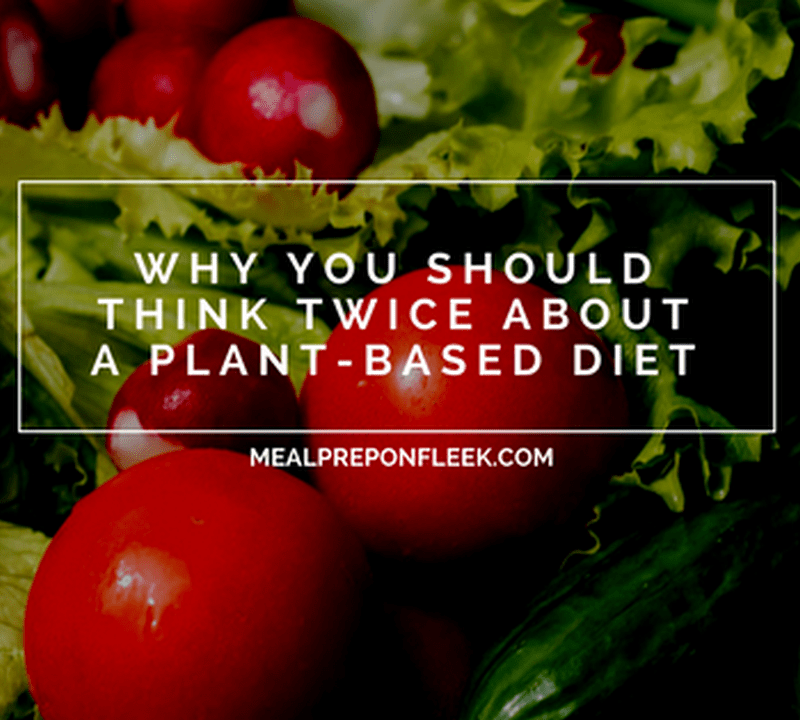
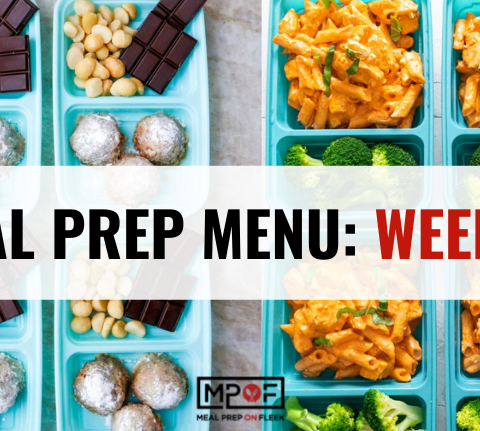

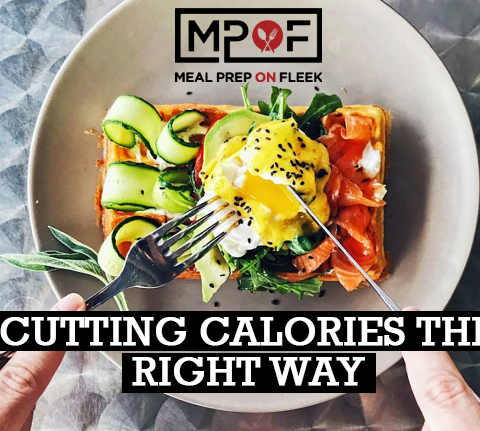
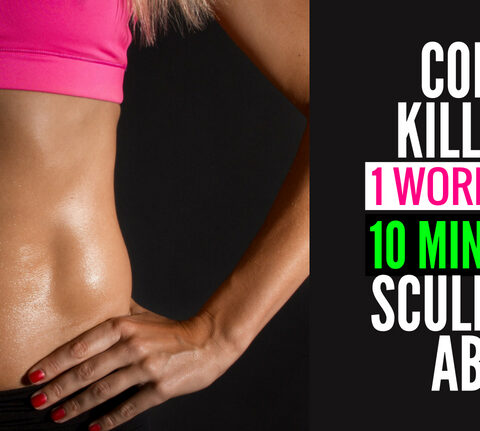
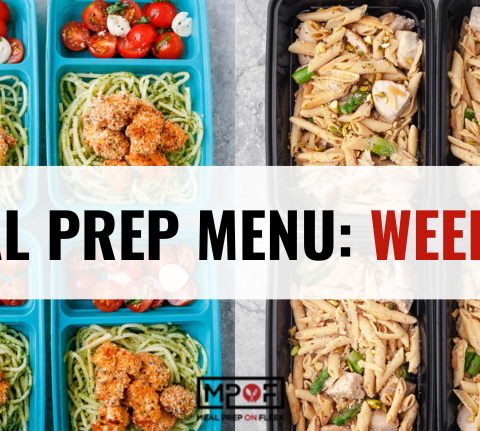
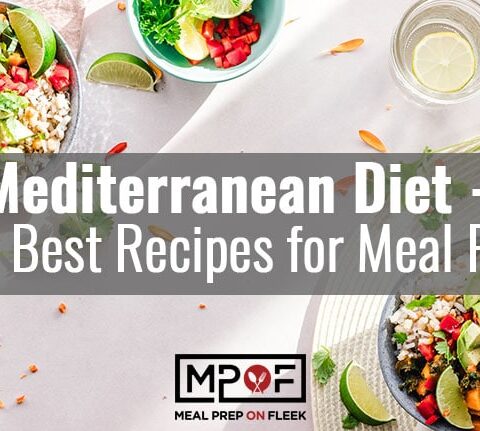
Most people NEED to change their diets so Con #1 is a GOOD thing. Con #2 is true with any diet, not just plant based. Prepping your own food is also good because you can control what goes in it. And meals don't have to be complicated so time doesn't have to be an issue. Con 4 is true but ONLY for B-12. So one supplement!! You should be more specific in your article and elaborate more.
Hi Andi, we appreciate your feedback and will take that into consideration for articles moving forward. Have a wonderful weekend.
Lets not forget to mention that the nutrients are far more bioavailable in meats than in plants and some plants contain natural anti-nutrients and natural pesticides that some people cannot tolerate due to modern environments and gut compromised by pharma drugs and antibiotics. It is no wonder so many people are turning Carnivore not as a Primal but a Modern Diet because their Vegan Plant Based diets made them sick. This debate is not so cut and dry as you make it out to be. Diets even among individuals changes as they age depending on gallbladder, stomach acid, hormonal changes, deficiencies. If Plant Based works great for you, then stick with it. It may not work as well for many other people. Most nutritionally aware people who eat meat don't chow down hot dogs and deli meat.
I fully converted to vegan 6 weeks ago. I had cut red meat and dairy out years ago because of kidney stones and at the advice of my doctor. It’s amazing how much better I feel after cutting out all animal products. I could care less what anyone else eats… This works for me. The cons for being plant-based are only cons if you’re lazy and eat like poo through a drive thru in the first place. I’m seriously over here laughing... great article.
Woooaahh.... can't believe you saying a plant based diet lacks on vitamins.... you really need to reevaluate your self and your thoughts.... only possible deficiency could be B-12 and guess what!!!! Meat eaters needs that supplement too!!!!
Sorry to disagree, but a balanced diet is still the best diet. A meat, a starch, and vegetables every meal.
Add to that, eating fruit between meals or as a dessert adds to a healthy diet.
Everybody wants to turn this into a meat versus vegetable debate and whichever side you're on, it doesn't matter.
We are omnivores for a reason.
Plant Based and Vegan are not the same. On plant based you still can eat meat, fish and animal products just not very often. Mainly plants.
Vegan = not any animal product.
You definitely get all the vitamins you need. Been doing it 11 years!
As a breast cancer survivor plants ckntain phytos which mimic oestrogen which 70 per cent of b cancers are driven by so surely this is not good for those who have had b cancer or want to avoid it